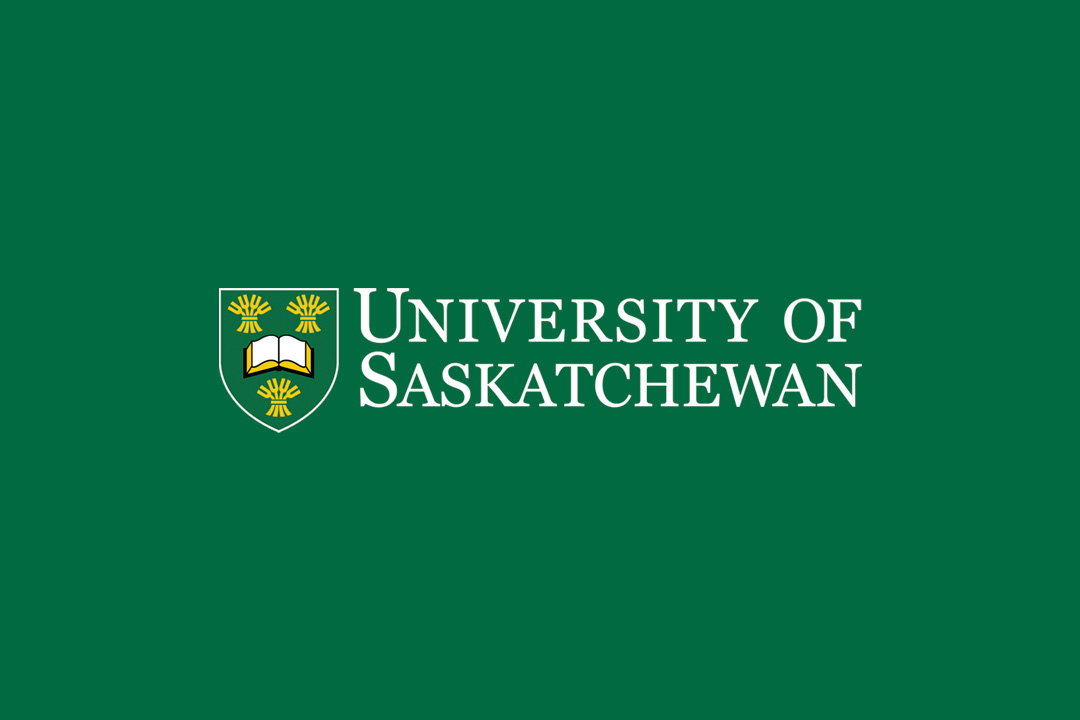
Standing Together in Grief and Committing to the Work Ahead
President’s statement on the Cowessess First Nation tragedy
Today the University of Saskatchewan community stands together in profound sorrow following the discovery of 751 unmarked graves at the former Marieval Indian Residential School in Saskatchewan—a discovery that is, tragically, part of the shameful story of injustice against Indigenous peoples across this nation.
We acknowledge, too, with deep respect, the grief of the Cowessess First Nation—many of whom are members of our university community—and of Indigenous peoples across Saskatchewan and Canada.
Tomorrow at 10:30 a.m. a gathering will be held in The Bowl to enable people to come together, acknowledge the pain and grief suffered by all members of our university community who experienced firsthand or indirectly this tragedy, and begin to heal. To access support services, Student Affairs and Outreach staff are available at 306-966-5757 or at intake@usask.ca.
This sad, troubling discovery is a reminder that we cannot change the story of our past, but that this university can work together with Indigenous peoples to build reconciliation and create a much different story for the future.
We have a unique role to play in helping Canadians to understand and accept the truth about injustices committed at residential schools. We will continue to play a critical role in helping to locate graves at residential schools, assisting the search for names of the children who died, and supporting residential school survivors in telling their painful stories. And we will build on our long legacy of research on the history of residential schools.
We will continue to honor and enact our many partnership agreements with Indigenous communities across the province and to build on our partnership with the National Centre for Truth and Reconciliation.
We will also continue to offer directly relevant courses such as Indigenous Studies’ history of Indigenous child welfare, the Indigenous Law Centre’s “Setting Things Right” course involving the history and legacy of residential schools, and the School of Rehabilitation Science course on residential school experiences and the effects of intergenerational trauma. In partnership with the College of Education, our Library has developed a teachers’ resource guide on residential schools.And as more of Saskatchewan’s 20 residential school sites are investigated, we will continue our ground-penetrating radar work by archeology and anthropology faculty and students in locating unmarked graves of missing children.
A great deal of work lies ahead of us as a university and as a nation. As former Truth and Reconciliation Commissioner Marie Wilson stated this week, “The voices of the children are being heard, and we’re beginning to listen.”
Peter Stoicheff
President and Vice-Chancellor
University of Saskatchewan

